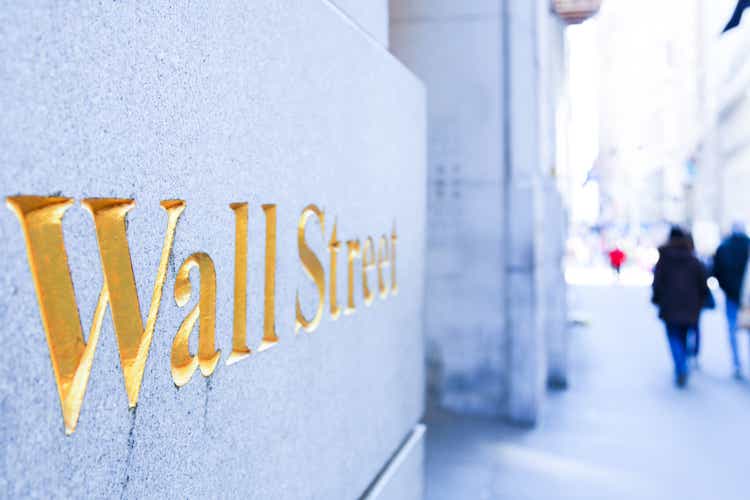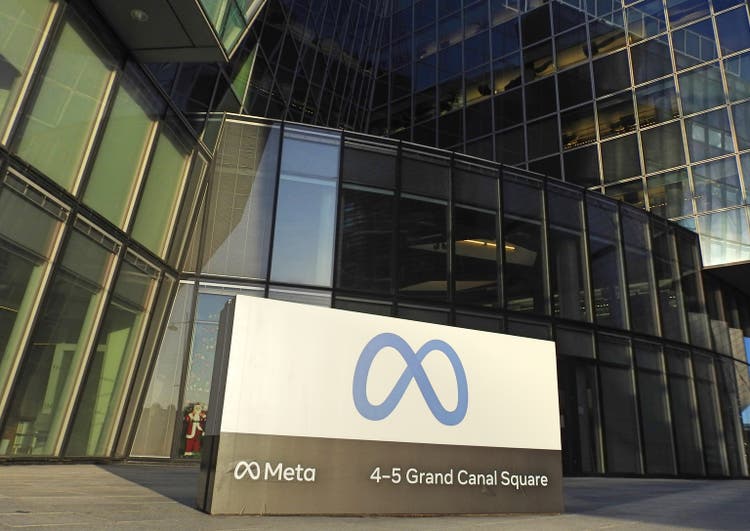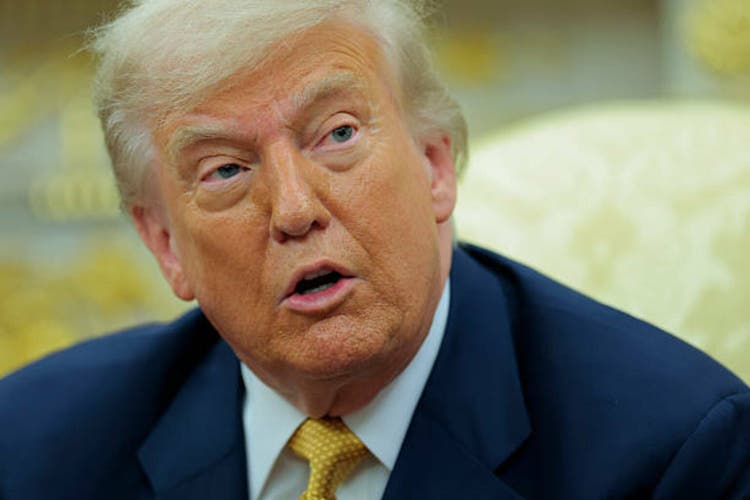The Monetary Policy Committee (MPC) of the Reserve Bank of India (RBI) may opt for a 25 basis points (bps) cut in the policy repo rate at its upcoming August meeting, bringing it down to 5.25 per cent, according to a report by ICICI Bank.
The bank cited easing inflation, uneven domestic demand, and uncertain global economic conditions as reasons for recommending the rate reduction.
“We believe this opens up policy space for an additional 25bps rate cut, taking the terminal rate to 5.25 per cent. When would the MPC cut the policy rate? We believe that August would be the appropriate time for the same, given the muted inflation scenario,” the report stated.
Falling inflation opens window for rate action
Inflation has remained well below expectations since the last MPC meeting. ICICI Bank has revised its forecast for inflation in FY26 to 2.9 per cent, significantly lower than the RBI’s earlier projection of 3.7 per cent.
The report said this decline provides room for further easing, especially given the RBI's current neutral policy stance.
“This downward trend in inflation opens up space for further policy easing, especially since the MPC currently maintains a neutral stance, which means decisions depend on economic data.”
However, the report cautioned that inflation is expected to rise again in Q4 and FY27, due to base effects, limiting future room for rate action.
Mixed growth trends within economy
Domestically, the report pointed to a mixed growth outlook. Urban demand is weak, while rural consumption remains strong, supported by favourable monsoon conditions and farm activity.
Export trends are also uneven shipments to the United States are picking up, but those to other regions remain sluggish.
These conditions, combined with lower inflation, make August a suitable window for policy adjustment, the bank said.
External Risks: Geopolitics and trade tariffs weigh on outlook
On the global front, the report flagged tariff-related pressures and geopolitical risks as key headwinds. A brief conflict in the Middle East last month led to a sharp spike in oil prices. Meanwhile, new tariffs announced by U.S. President Donald Trump, scheduled to take effect from 1 August, are already beginning to influence inflation.
“US inflation rose to 2.7 per cent year-on-year in June from 2.4 per cent in May.”
Although the US economy has exceeded growth expectations, there are signs of a slowdown weaker private hiring and falling retail sales — which could raise the risk of stagflation. These factors have so far prevented the US Federal Reserve from easing interest rates. However, the report suggested that the Fed could turn more supportive of rate cuts later in the year as growth slows further.
Let me know if you'd like a shorter digital-first version, or if you'd like this adapted into a newsletter or print-friendly format.

 4 hours ago
1
4 hours ago
1



















 English (US) ·
English (US) ·